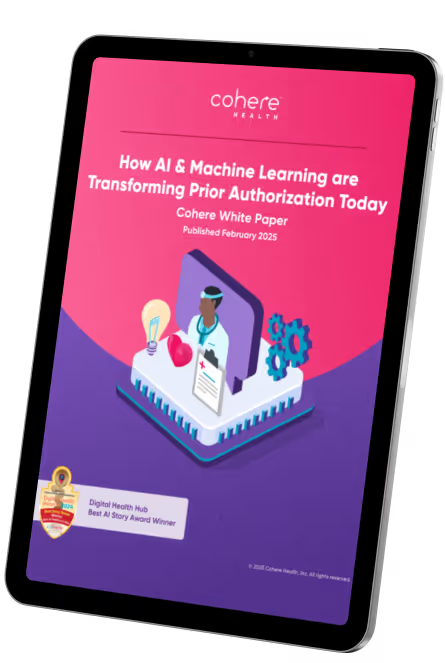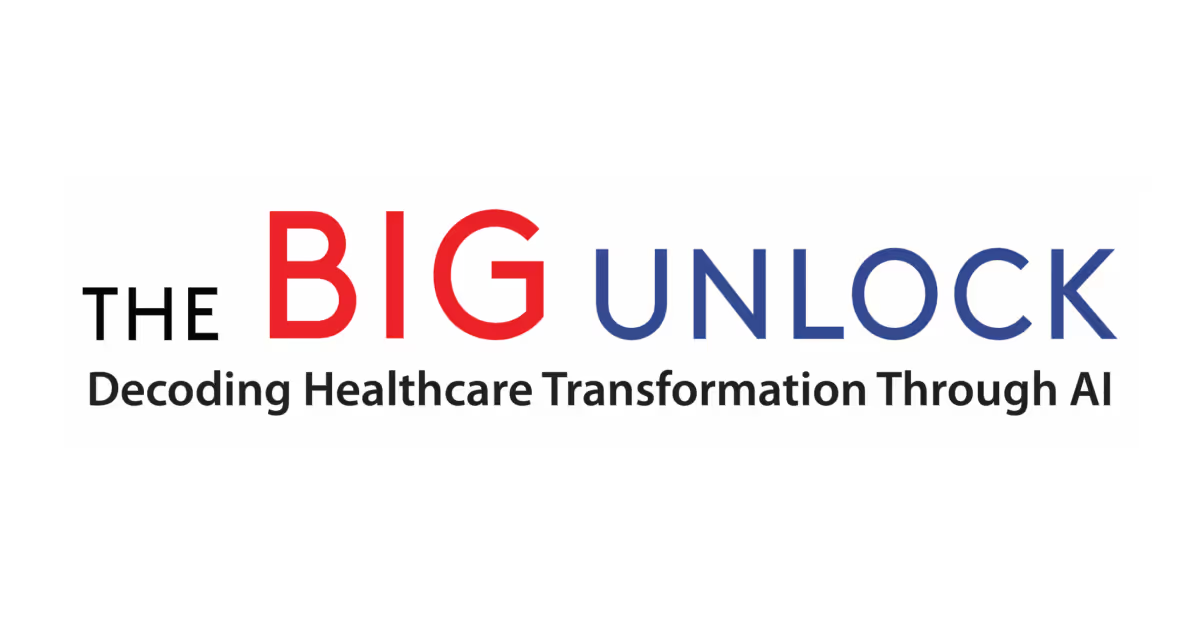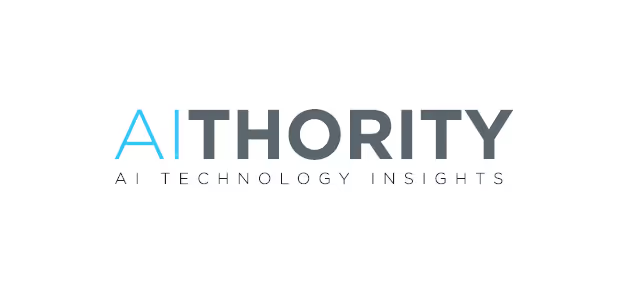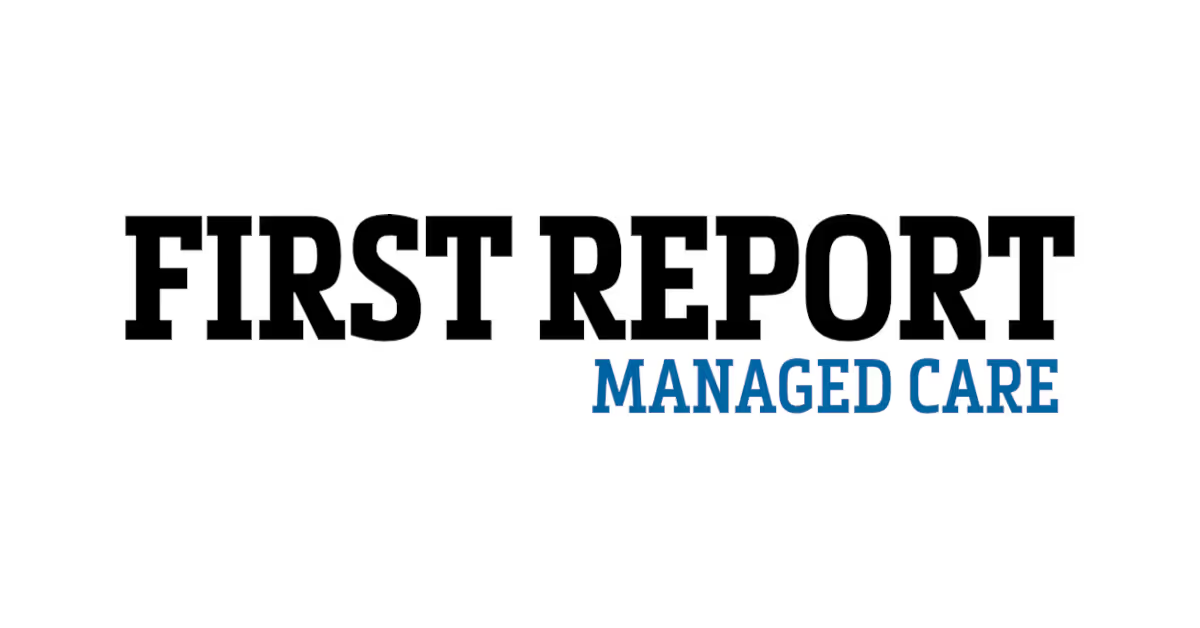Reforming Prior Authorization with AI and Machine Learning
Published:
July 7, 2022
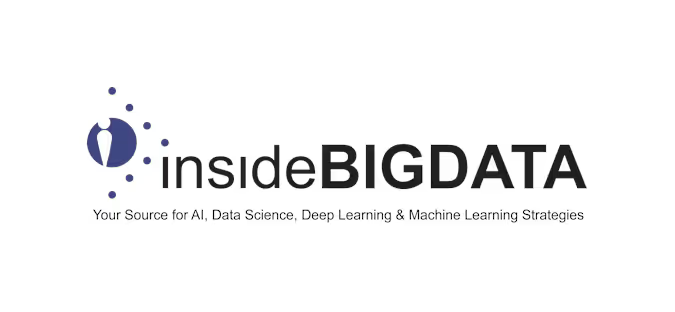
Healthcare providers are growing increasingly more comfortable with using AI-enabled software to improve patient care, from analyzing medical imaging to managing chronic diseases. While health plans have been slower to adopt AI and machine learning (ML), many are beginning to rely on these technologies in administrative areas such as claims management, and 62% of payers rank improving their AI/ML capabilities as an extremely high priority.
The process by which health plans manage the cost of members’ benefits is especially ripe for technological innovation. Health plans often require providers to obtain advance approval, or prior authorization (PA), for a wide range of procedures, services, and medications. The heavily manual PA process drives unnecessary resource cost and delays in care, which can lead to serious adverse events for patients.
In recent years, there has been an emphasis on reducing the administrative burden of PAs via digitization. Some health plans are moving beyond automation by leveraging AI and ML technologies to redefine the care experience, helping their members receive evidence-based, high-value care as quickly as possible. These technologies are able to streamline the administrative tasks of PA while continually refining customized, patient-specific care paths to drive better outcomes, ease provider friction, and accelerate patient access.
Providing clinical context for PA requests
Traditionally, PA requests are one-off transactions, disconnected from the patient’s longitudinal history. Physicians enter the requested clinical information, which is already captured in the electronic health record (EHR), into the health plan’s PA portal and await approval or denial. Although FHIR standards have provided new interoperability for the exchange of clinical data, these integrations are rarely sufficient to complete a PA request, as much of the pertinent information resides in unstructured clinical notes.
Using natural language processing, ML models can automatically extract this patient-specific data from the EHR, providing the health plan with a more complete patient record. By using ML and interoperability to survey the patient’s unique clinical history, health plans can better contextualize PA requests in light of the patient’s past and ongoing treatment.
Influencing care choices to improve outcomes
Health plans can also use AI to encourage physicians to make the most clinically appropriate, high-value care decisions. As a PA request is entered, ML models can evaluate both the completeness and the appropriateness of the provided information in real time. For example, an ML model might detect that a physician has neglected to provide imaging records within the clinical notes, triggering an automated prompt for that data.
An ML model can also detect when the provider’s PA request deviates from best practices, triggering a recommendation for an alternative care choice. For example, an intelligent authorization platform might suggest that a physician select an outpatient setting instead of an inpatient setting based on the type of procedure and the clinical evidence. By using AI to help physicians build a more clinically appropriate case, health plans can reduce denials and decrease unnecessary medical expenses, while also improving patient outcomes.
Of course, for these clinical recommendations to be accepted by physicians, health plans must provide greater transparency into the criteria they use. While 98% of health plans attest that they use peer-reviewed, evidence-based criteria to evaluate PA requests, 30% of physicians believe that PA criteria are “rarely or never” evidence-based. To win physician trust, health plans that use technology to provide automatically generated care recommendations must also provide full transparency into the evidence behind their medical necessity criteria.
Prioritizing cases for faster clinical review
Finally, the application of advanced analytics and ML can help health plans drive better PA auto-determination rates by identifying which requests require a clinical review and which do not. This technology can also help case managers prioritize their workload, as it enables the flagging of high-impact cases as well as cases which are less likely to impact patient outcomes or medical spend.
Using a health plan’s specific policy guidelines, an intelligent authorization platform can use ML and natural language processing to detect evidence that the criteria has been met, linking relevant text within the clinical notes to the plan’s policy documentation. Reviewers can quickly pinpoint the correct area of focus within the case, speeding their assessment.
The application of AI and ML to the onerous PA process can relieve both physicians and health plans of the repetitive, manual administrative work involved in submitting and reviewing these requests. Most importantly, these intelligent technologies transform PA from a largely bureaucratic exercise into a process that is capable of ensuring that patients receive the highest quality of care, as quickly and painlessly as possible.
Written by

Cohere
Health
Cohere Health’s clinical intelligence platform delivers AI-powered solutions that streamline access to quality care by improving collaboration between physicians and health plans. Cohere works with 660,000 providers and processes millions of prior authorization requests annually. Its AI auto-approves up to 90% of requests for millions of health plan members. Cohere has been recognized in the Gartner® Hype Cycle™ for U.S. Healthcare Payers in 2024 and 2025, named a Top 5 LinkedIn™ Startup in 2023 and 2024, and is a three-time KLAS Points of Light award recipient.
Stay ahead with expert insights on transforming utilization management and payment integrity—delivered straight to your inbox.
